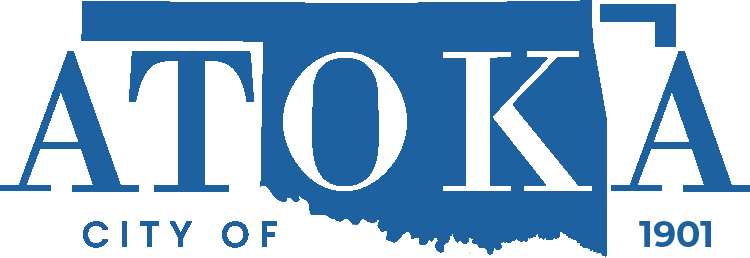Atoka Code Enforcement
The Code Enforcement Office has been provided for many years within the City of Atoka, and works to identify violations of city ordinances and state laws within the Atoka city limits.
We seek voluntary compliance from citizens to help maintain the quality appearance of our community. We try to identify problems that need to be corrected in the community before someone feels the need to advise us of the issue. Once a code violation is identified, the responsible party is notified to take corrective action.
The City of Atoka’s Code Enforcement Office uses code enforcement to seek correction of public nuisances as defined by Atoka City Codes and State Statutes (11 O.S. 22-111, 112, 112-A). A public nuisance is generally defined as a condition that affects the community’s health, safety, and welfare.
How are Codes Enforced?
In Atoka, code enforcement has civil and criminal tools available to seek correction of public nuisances. Through the codes and statutes cited above, the city can enter onto private property to abate public nuisances. Code Enforcement can also issue criminal citations through municipal court. Currently the city uses both a citizen complaint process and observations by Code Enforcement personnel in the field to initiate code enforcement cases. In most cases, public nuisance issues are resolved by the property owner after door hanger or letter notification.
Code Enforcement Process
The list below illustrates the process by which city code is enforced and gives details on how property owners may appeal Code Enforcement decisions.
- Discovery of the violation through either citizen complaint or by Code Enforcement staff patrolling the community.
- Property owner notified of violation through formal letter sent to address of record as provided by Atoka County Assessor records.
- The owner may request in writing that a hearing be conducted for purposes of contesting the determination that a nuisance exists on the property.
- The owner may appeal the final decision of Code Enforcement to the City Council.
- If the owner of the property has not abated the nuisance within the appropriate time frame, the City of Atoka will take action. Action may include either abatement of the nuisance or a citation being issued.
- If the violation recurs within a six month period, it may be declared to be a nuisance and may be summarily abated without prior notice to the property owner. The owner will be notified of the abatement and the costs thereof. The owner may request a hearing as above.
- Immediately following the cleaning of the property, a notice of lien shall be filed with the county clerk for the cleaning costs.
Duties
In addition to working on health, safety, and welfare issues, Code Enforcement also works on removing dilapidated properties that have become a hazard to the community. The Code Enforcement Division also monitors the Environmental Protection Agency fats, oils, and grease (FOG) program within the city limits. Annual inspections are made to ensure ordinances, state laws, and safety issues are adhered to, and that illicit discharges into the sanitary sewer systems do not occur. The division strives to keep the City of Atoka one of the cleanest communities in the state, and helps to coordinate local volunteers to work on projects to assist those in need to help maintain their property.
Common Public Nuisances
Common public nuisances include tall grass or weeds, trash and debris accumulations, inoperable vehicles, and unsecured or dilapidated buildings.
- Tall grass or weeds – They are the most common public nuisance. Tall grass and weeds are generally defined as uncared-for vegetation that exceeds six inches in height, gives off unpleasant odors, creates a traffic hazard, or is otherwise hazardous to the public. Owners of the property will be notified and have five days to abate the nuisance before the city takes further action.
- Trash and debris accumulations – This includes any unhealthful items such as garbage, uncared-for items, tree limbs and branches, furniture and appliances, etc. Owners of the property will be notified and have ten days to abate the nuisance before the city takes further action
- Unsecured, deteriorated or dilapidated buildings – Vacant buildings can represent attractive dangers to neighborhoods. All ground-level entries to vacant buildings must be secured. Buildings that are in a significant state of disrepair or that represent collapse hazards can be demolished by the city. The owners of the building will be notified 15 days before a public hearing is held and may present their plan to rehabilitate or remove the building at the hearing.
- Inoperable vehicles – The City of Atoka has codes that make it unlawful to keep an inoperable vehicle upon private or public property. Generally, officers look for vehicles that have significant components missing or expired license plates. If a vehicle remains inoperable for more than 72 hours, it may be subject to towing and impoundment. The owner or occupant of the land the vehicle is on will be notified and has ten days to remove the vehicle.
Job Openings
No active job postings available.
Contact
Code Enforcement Officers
Tim Wiley & Ron McIninch
Atoka City Hall
353 East A Street
Atoka, OK 74525
Building Permits & Vendor Licenses
Download forms and applications for permits and licenses.

